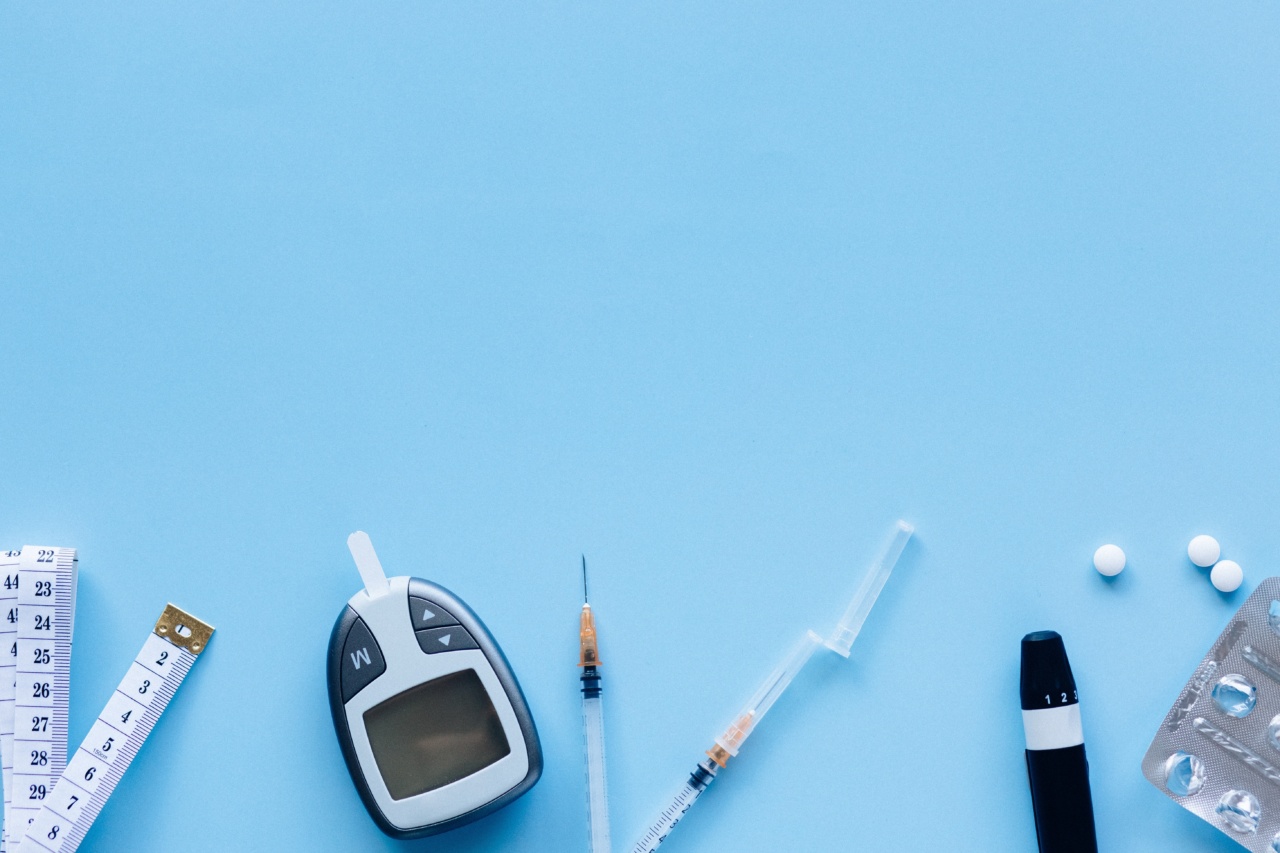Insulin sensitivity plays a crucial role in determining an individual’s risk of developing diabetes. Understanding this link is vital for preventing and managing diabetes effectively.
In this article, we will delve into the concept of insulin sensitivity, its connection to diabetes risk, and strategies to improve insulin sensitivity.
What is Insulin?
Insulin is a hormone produced by the pancreas that plays a key role in regulating blood sugar levels. It facilitates the absorption of glucose from the bloodstream into cells, where it is used for energy production.
Insulin also helps store excess glucose in the liver for later use.
The Role of Insulin Sensitivity
Insulin sensitivity refers to how efficiently the body’s cells respond to insulin. When cells are insulin-sensitive, they readily take up glucose from the bloodstream.
In contrast, reduced insulin sensitivity, also known as insulin resistance, means cells are less responsive to insulin’s signals, leading to higher blood sugar levels.
Insulin resistance, if left unaddressed, can eventually lead to the development of type 2 diabetes. It increases the demand for insulin production to compensate for the reduced sensitivity, resulting in elevated insulin levels in the bloodstream.
Factors Affecting Insulin Sensitivity
Several factors influence insulin sensitivity and, consequently, diabetes risk.
Understanding these factors can help individuals identify areas in which they can make lifestyle modifications to improve insulin sensitivity and reduce their risk of developing diabetes.
1. Obesity and Body Composition
Excess body weight, particularly abdominal fat, is strongly associated with insulin resistance and an increased risk of developing diabetes.
Adipose tissue, especially central adiposity, releases pro-inflammatory molecules that interfere with insulin signaling, contributing to insulin resistance. Maintaining a healthy weight through a balanced diet and regular physical activity is essential for improving insulin sensitivity.
2. Sedentary Lifestyle
A lack of physical activity reduces insulin sensitivity and increases diabetes risk. Regular exercise helps improve insulin sensitivity, as it enhances glucose uptake by the muscles, reduces body fat, and improves overall metabolic health.
Engaging in moderate-intensity aerobic activities, such as brisk walking or cycling, for at least 150 minutes per week can significantly improve insulin sensitivity.
3. Dietary Factors
Diet plays a significant role in insulin sensitivity. Consumption of a high-calorie diet, especially one rich in processed foods, sugary beverages, and saturated fats, contributes to insulin resistance.
On the other hand, a diet rich in whole grains, lean proteins, healthy fats, and plenty of fruits and vegetables can help improve insulin sensitivity and reduce diabetes risk.
4. Stress and Sleep
Chronic stress and poor sleep quality can disrupt hormonal balance and negatively impact insulin sensitivity. Elevated stress hormone levels, such as cortisol, can impair insulin signaling, leading to insulin resistance.
Adequate stress management techniques, such as regular exercise, relaxation techniques, and sufficient sleep, are crucial for improving insulin sensitivity.
Strategies to Improve Insulin Sensitivity
Fortunately, there are several lifestyle modifications individuals can adopt to enhance their insulin sensitivity and lower their risk of developing diabetes:.
1. Regular Physical Activity
Engaging in regular physical activity, including both aerobic exercises and strength training, can improve insulin sensitivity.
Aim for at least 150 minutes of moderate-intensity aerobic activity, along with resistance training, at least two days a week.
2. Healthy Diet
Adopting a healthy eating plan can promote insulin sensitivity. Incorporate whole foods, such as fruits, vegetables, whole grains, lean proteins, and healthy fats, into your diet. Limit processed foods, sugary drinks, and foods high in saturated fats.
3. Weight Management
Maintaining a healthy weight or losing excess weight can significantly improve insulin sensitivity. Focus on gradual weight loss through balanced eating and regular physical activity.
4. Stress Management
Implement stress management techniques like deep breathing exercises, meditation, yoga, or engaging in hobbies to reduce stress levels. These practices can help improve insulin sensitivity.
5. Quality Sleep
Ensure you get enough high-quality sleep every night. Aim for 7-9 hours of sleep consistently.
Create a peaceful sleep environment and establish a regular sleep routine to promote better sleep patterns.
Conclusion
Insulin sensitivity plays a pivotal role in determining an individual’s risk of developing diabetes. Various factors, including obesity, sedentary lifestyle, dietary choices, stress, and sleep quality, can influence insulin sensitivity.
By making positive lifestyle changes, such as adopting a balanced diet, engaging in regular physical activity, practicing stress management techniques, and getting adequate sleep, individuals can improve insulin sensitivity and reduce their risk of developing diabetes. It is essential to prioritize these strategies to maintain optimal health and prevent the onset of diabetes.































